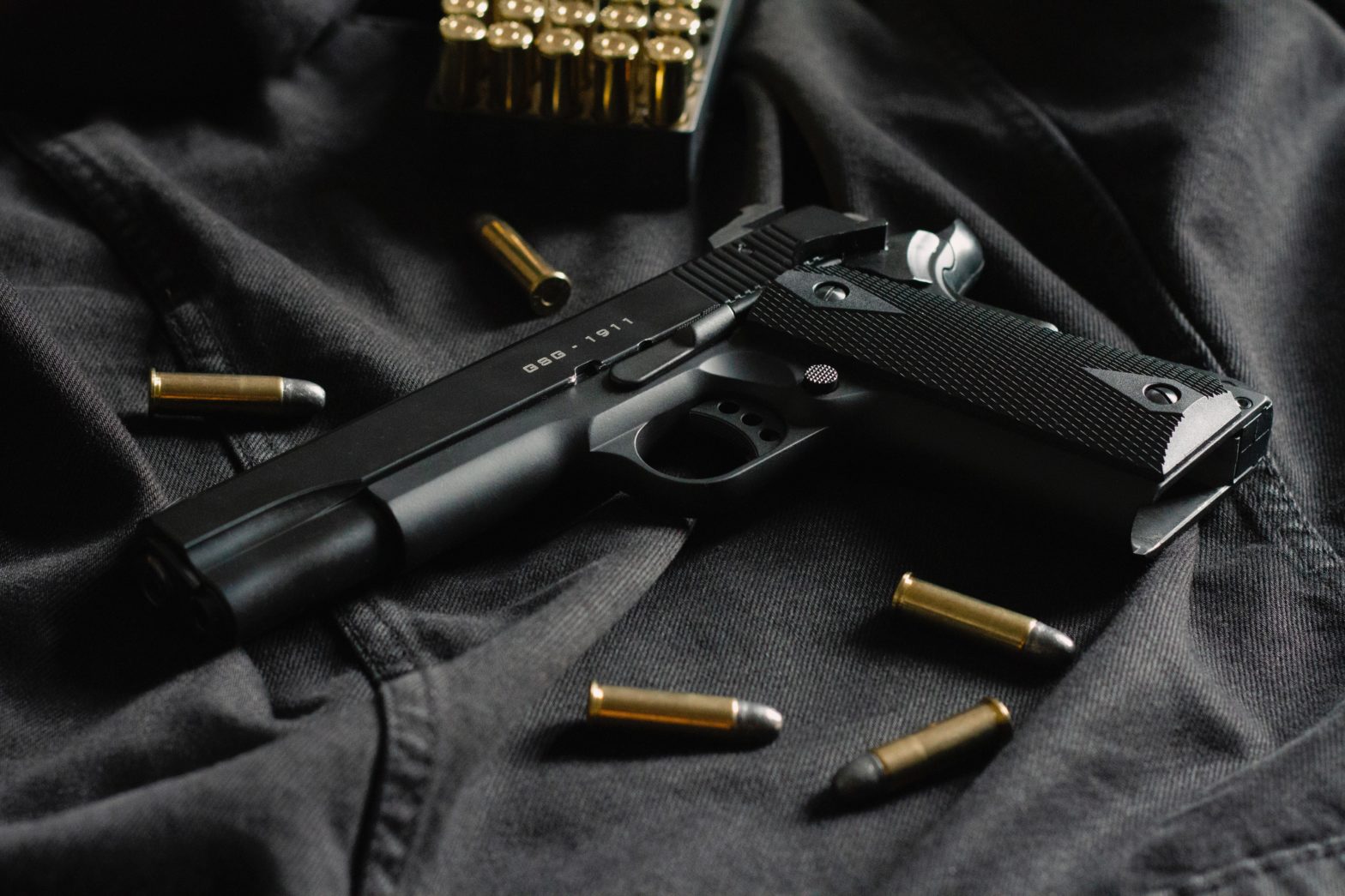Censorship or prevention of violence? The movement to curb violence in media by the Jamaican government has sparked controversy in the country. As BBC reported this week, the Caribbean country’s broadcasting authority has banned content that “glorifies illegal activity” – such as drug and gun use. The new rules cover TV and radio in Jamaica- including music – and list specific topics that are off-limits.
According to the latest United Nations report on Latin America and the Caribbean, Jamaica has the region’s highest homicide rate at 46.5 per 100,000 people.
As of August 14, Jamaica had registered 938 homicides so far this year. Comparing this to the 911 murders reported over the same period in 2021, there has been a 3% rise.
“Keeping our airwaves clean!”
Scamming, drug abuse and the illegal use of firearms cannot be “promoted” – and swearing or “near-sounding” replacements are also banned. “Keeping our airwaves clean!” says the agency on Twitter.
#BCJUpdate The Broadcasting Commission has issued a directive immediately banning the transmission of all content promoting illegal activities.
Keeping our airwaves clean!#BCJ #BCJamaica pic.twitter.com/rMFx3Hw7qt
— Broadcasting Commission of Jamaica (@BCJamaica) October 11, 2022
According to the Broadcasting Commission of Jamaica, the decision to ban songs glorifying illegal activities is not a breach on freedom of speech.
“Part of the difficulty in dealing with music, especially that which emerges from a subculture, is that it takes time to identify, understand and verify the slangs and colloquial language used. Understandably, new street lingua may take some time before they are normalised, or their meanings become well entrenched,” Executive Director of the Commission, Cordel Green told local media.
“The Commission also has to be circumspect in its actions, knowing that regulatory attention can have the unintended consequence of giving exposure to and popularising subcultural phenomenon,” he added.
Arts should not be censored.
However, the ban has been criticised by some artists who argue that arts should not be censored.
As BBC reported, Grammy award-winning music producer and singer, Stephen McGregor, whose stage name is “Di Genius”, expressed his opinion against the ban on Twitter.
“Yay! Crime and violence gonna magically stop now,” he wrote sarcastically, before pointing out that young people listen to music over the internet more often than through a radio.”
“[In my opinion] the move is more of a ‘look we’re doing something’ more than actually trying to do something,” said Mr McGregor.
Broadcasting Commission's Directive Points
- Any audio or video recording, live song, or speech which promotes and/or glorifies scamming, illegal use or abuse of drugs (e.g. ‘Molly’), illegal or harmful use of guns or other offensive weapons, “jungle justice” or any other form of illegal or criminal activity.
- Any edited song which directly or indirectly promotes scamming, illegal drugs, illegal or harmful use of guns or other offensive weapons, jungle justice, or any form of illegal or criminal activity. This includes live editing and original edits (e.g. edits by producer/label as well as the use of near-sounding words as substitutes for offensive lyrics, expletives, or profanities.
- The broadcast of a sampling of any song which promotes or glorifies scamming, illegal drugs (e.g. ‘Molly’), illegal or harmful use of guns or other offensive weapons, “jungle justice” or any other form of illegal or criminal behaviour is strictly prohibited.
